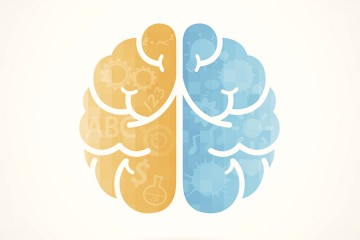A new study by researchers at Johns Hopkins Medicine and the National Institute on Aging reveals how exercise could energize brain cell function as we age.
In tests with mice, researchers discovered that exercise helped boost levels of an enzyme called SIRT3, which may protect against stressors that contribute to brain cell energy loss.
The findings, published in today's issue of Cell Metabolism, could help improve therapies for age-related cognitive decline. As we grow older or develop neurodegenerative diseases such as Alzheimer's, our brain cells can stop producing enough energy to remain fully functional.
The research team, led by Mark Mattson of Hopkins Medicine and the National Institute on Aging's Intramural Research Program, used a new animal model to see if they could aid brain cells in resisting energy-depleting stress caused by neurotoxins and other factors. They focused on the role of the SIRT3 enzyme, located in the cell's mitochondria.
Researchers found that mice models that didn't produce SIRT3 became highly sensitive to stress when exposed to neurotoxins that cause brain degeneration and epileptic seizures.
With mice that did produce SIRT3, researchers discovered that exercise on a running wheel increased levels of the enzyme. They also found they could use gene therapy technology to boost SIRT3. In both scenarios, increased SIRT3 amounts helped protect neurons from stressors and degeneration.
These findings suggest that boosting SIRT3 levels—in turn bolstering mitochondrial functions—could offer a promising therapeutic option for age-related brain degeneration and diseases.
Read more from Hopkins MedicinePosted in Health, Science+Technology
Tagged neuroscience, aging








